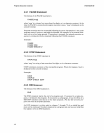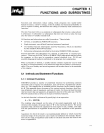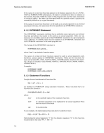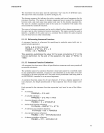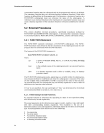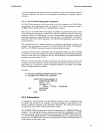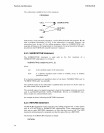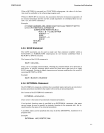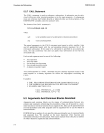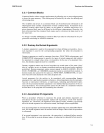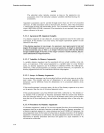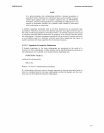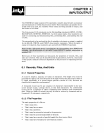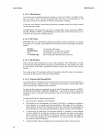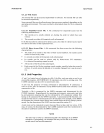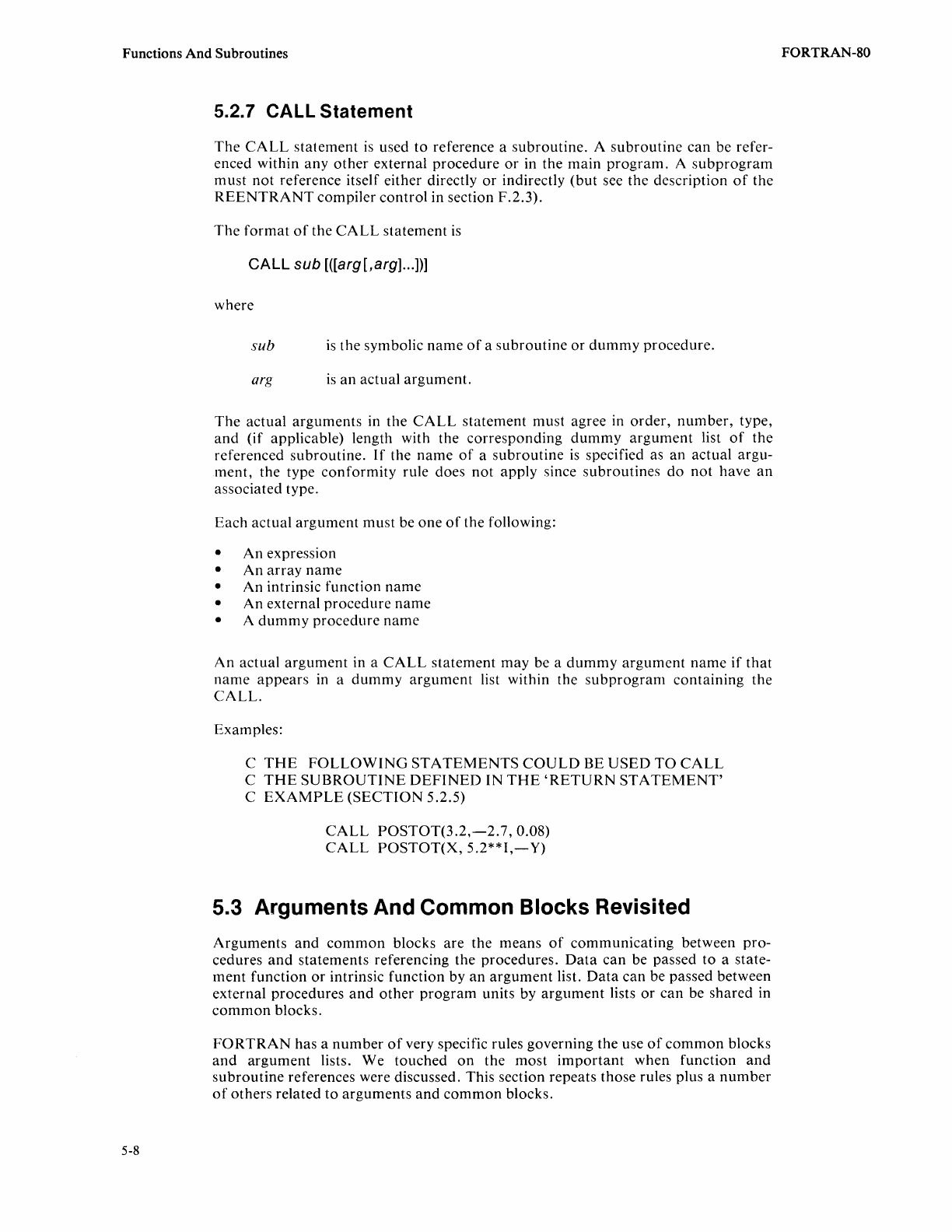
Functions
And
Subroutines
5-8
5.2.7 CALL Statement
The
CALL
statement
is
used
to
reference a
subroutine.
A
subroutine
can be refer-
enced within
any
other
external
procedure
or
in the
main
program.
A
subprogram
must
not
reference itself either directly
or
indirectly
(but
see the description
of
the
REENTRANT
compiler
control
in section F.2.3).
The
format
of
the
CALL
statement
is
CALL
sub
[([arg [,arg].
..
])]
where
sub
is
the symbolic
name
of
a
subroutine
or
dummy
procedure.
arg
is
an
actual
argument.
The
actual
arguments
in the
CALL
statement must agree in
order,
number,
type,
and
(if applicable) length with the
corresponding
dummy
argument
list
of
the
referenced
subroutine.
If
the
name
of
a
subroutine
is
specified as an actual argu-
ment, the type
conformity
rule does
not
apply since subroutines
do
not
have
an
associated type.
Each actual
argument
must
be
one
of
the following:
•
An
expression
•
An
array
name
• An intrinsic function
name
• An external
procedure
name
• A
dummy
procedure
name
An
actual
argument
in a
CALL
statement
may
be a
dummy
argument
name
if
that
name
appears
in
a
dummy
argument
list within the
subprogram
containing the
CALL.
Examples:
C
THE
FOLLOWING
STATEMENTS
COULD
BE
USED
TO
CALL
C
THE
SUBROUTINE
DEFINED
IN
THE
'RETURN
STATEMENT'
C
EXAMPLE
(SECTION
5.2.5)
CALL
POSTOT(3.2,-2.7,0.08)
CALL
POSTOT(X,5.2**I,-Y)
5.3 Arguments And Common Blocks Revisited
Arguments
and
common
blocks
are
the means
of
communicating
between pro-
cedures
and
statements referencing the procedures.
Data
can be passed
to
a state-
ment
function
or
intrinsic function by
an
argument
list.
Data
can be passed between
external procedures
and
other
program
units by
argument
lists
or
can be shared in
common
blocks.
FORTRAN
has a
number
of
very specific rules governing the use
of
common
blocks
and
argument
lists. We
touched
on
the most
important
when function
and
subroutine
references were discussed. This section repeats those rules plus a
number
of
others
related
to
arguments
and
common
blocks.
FORTRAN-SO



